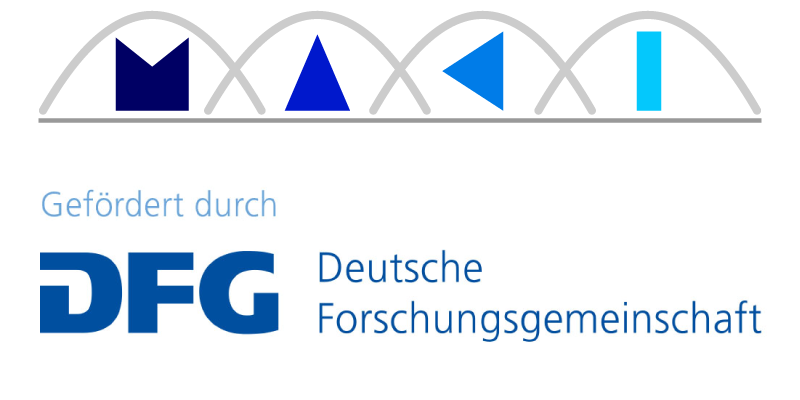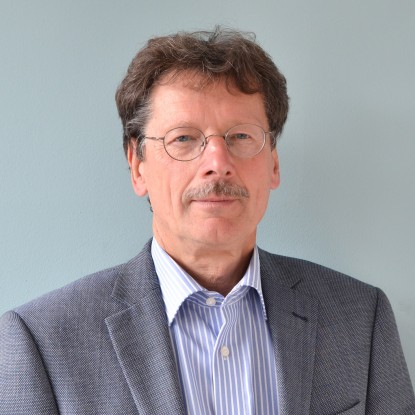| Vortragender | Dr. Andreas Reinhardt |
| Titel | Exploiting Platform Heterogeneity in Wireless Sensor Networks by Shifting Resource-Intensive Tasks to Dedicated Processing Nodes |
| Zeit | Mittwoch, 17. Juni 2013, 14.00 Uhr |
| Ort |
S3|20 111 Rundeturmstr. 10, 64283 Darmstadt |
| Abstract | |
| Platform heterogeneity in wireless sensor networks is often seen as a major challenge for application development. Once embedded systems with different processor architectures, computational power, and memory are part of the same network, algorithms and applications must be adapted to this additional degree of complexity. As a result, current sensor network deployments are (with exception of the sink node) commonly comprised of devices of identical make and model. In this talk, I show how device heterogeneity may be exploited to improve the energy efficiency of the sensor network by shifting resource-intensive processing tasks to other nodes within the network. To this end, the energy demand for representative processing operations and wireless communications is analysed on six heterogeneous state-of-the-art sensor platform types. Based on the created models, the achievable energy savings are assessed when tasks are shifted to more powerful processing nodes. The results show that platform heterogeneity, although often being perceived as a hindrance to the easy deployment of applications, also serves as an enabler for increased energy efficiency of the network. | |
| Bio | |
| Andreas Reinhardt is Vice-Chancellor's Postdoctoral Research Fellow at the University of New South Wales in Sydney, Australia. He holds a doctoral degree in Electrical Engineering and Information Technology from TU Darmstadt, Germany, where he graduated in 2011 on the topic of designing sensor networks for smart spaces. His current research interests lie in the area of ubiquitous computing for a smarter use of energy, with a special focus on making wireless sensor and actuator networks viable for their integration into smart energy management systems. | |
My field of research is fascinating. To laymen I would explain it in the following comprehensible manner:
Answer: In a nutshell, I make residential and commercial buildings ready for their integration into the smart grid. This includes analysing the energy usage with regard to potential savings as well as forecasting the electricity demand.
My most important success in research to date is…
Answer: Publishing papers at the same conference or its workshops for five years in a row (and counting).
If I would be a student today, I would…
Answer: Visit classes and talks out of my main research area to broaden my thinking and get new inspiration for the problems I face in my research.
The perfect balance to a stressful working day is…
Answer: Going for a run to clear my mind.





